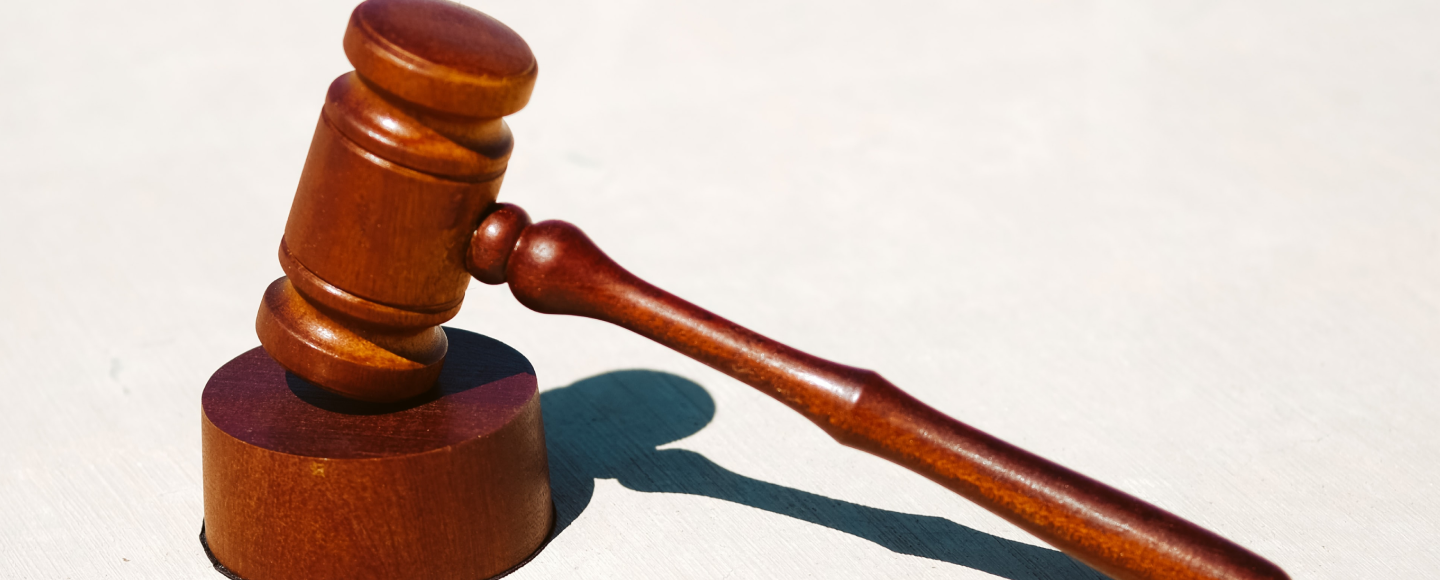Some states make it a crime to drive a vehicle “under the influence” of an intoxicant (as in a DUI), and in North Carolina it is a crime to drive “while impaired” (DWI). In NC, the Court of Appeals has directly addressed the question of what it means to be guilty of the impairment requirement of the DWI statute (which is codified at NCGS 20-138.1).
According to the North Carolina Court of Appeals in State v. Ellis, 135 S.E.2d 584 (1964):
The correct test within the meaning of the statute is not whether the party charged with the violation thereof had drunk or consumed a spoonful or a quart of intoxicating beverage, but whether a person is under the influence of an intoxicating liquor or narcotic drug by reason of his having drunk a sufficient quantity of an intoxicating beverage or taken a sufficient amount of narcotic drugs, to cause him to lose normal control of his bodily or mental faculties, or both, to such an extent that there is an appreciable impairment of either or both of these faculties.
Given the language used by the NC Court of Appeals in clarifying the DWI statute in State v. Ellis, it appears that the Court intended to distinguish between being “under the influence” and being “impaired,” for the purpose of the North Carolina DWI statute. Specifically, to be “impaired” is to be sufficiently under the influence of an intoxicant, such that one loses control of his bodily or mental faculties, to such an extent that there is appreciable impairment. In other words, it appears from the language in Ellis that to prove “impairment” requires more than simply showing that a driver was “under the influence.” That is to say, if a driver is merely under the influence of alcohol, but not to such an extent that there is appreciable impairment, then the driver would not be guilty of a DWI.
But then, in 1973, the Court of Appeals State v. Bunn, 196 S.E.2d 777 (1973) stated the requirement as follows:
A person is under the influence of an intoxicant within the meaning of G.S. § 20-138 [] whenever he has consumed sufficient alcohol to appreciably impair his mental or bodily faculties or both.
In Bunn, the Court appears to have conflated being “under the influence” with being “appreciably impaired,” thereby apparently eliminating the distinction identified in Ellis. That is, one is “under the influence” whenever one has consumed enough to be “appreciably impaired.”
Nonetheless, what is clear from North Carolina case law is that showing a “slight effect” from an intoxicant is insufficient to prove the “while impaired” requirement of North Carolina’s DWI statute. The State must prove that an individual has consumed a sufficient quantity of an intoxicating substance to cause an individual to lose the normal control of one’s bodily or mental faculties (or both), such that the individual is “appreciably impaired.” Merely being “under the influence,” at least in the everyday sense of that term, wouldn’t appear to be enough to prove “appreciable impairment.”







